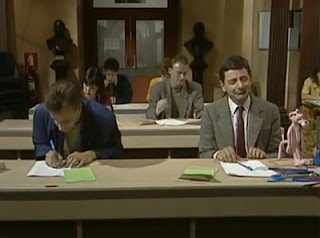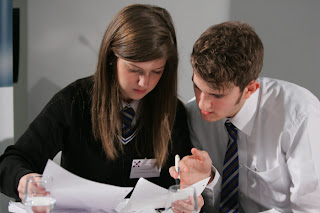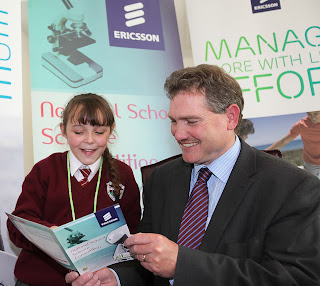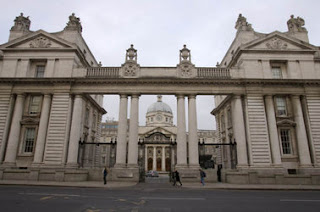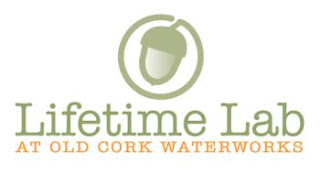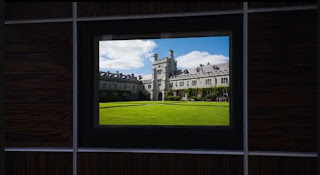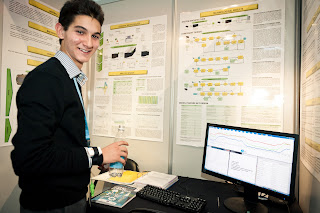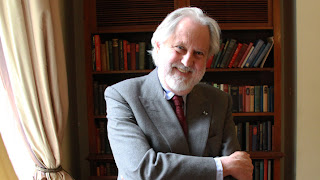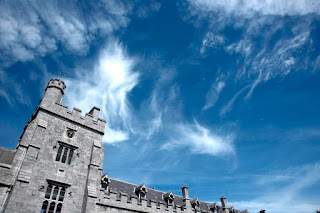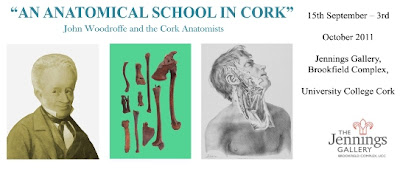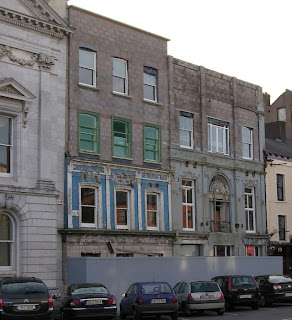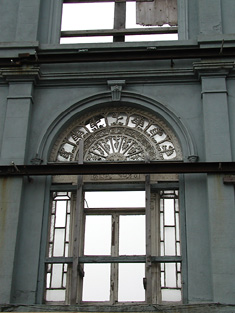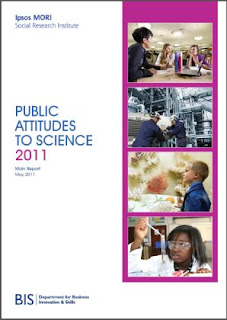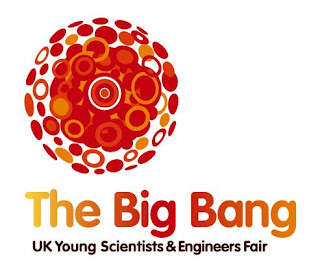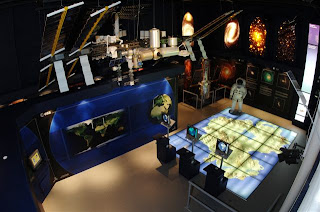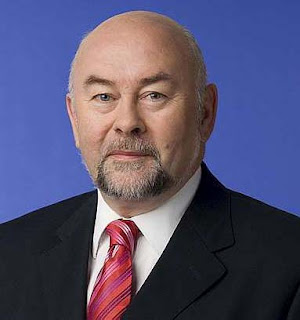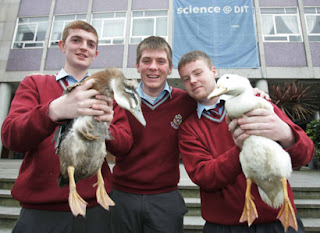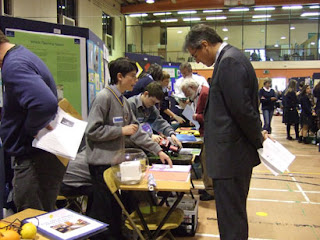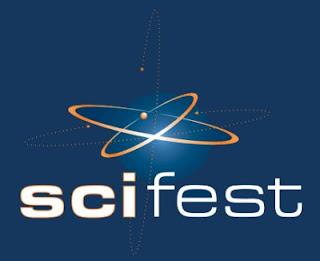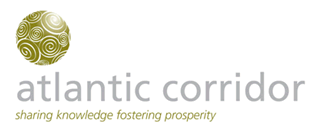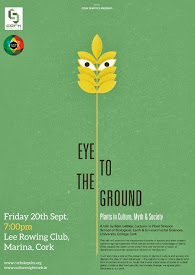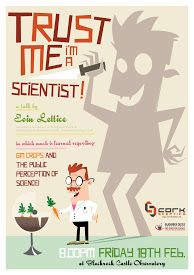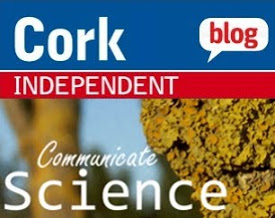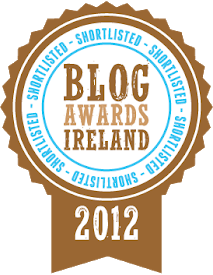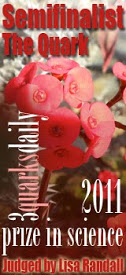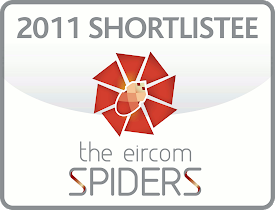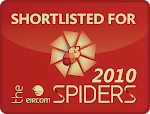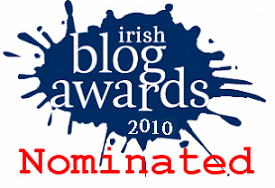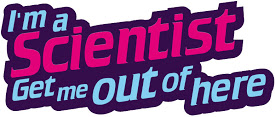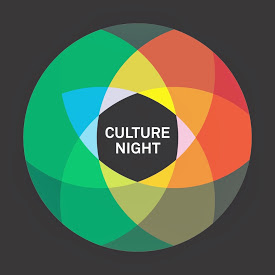Cutbacks in Science Subjects at Second Level
According to an ASTI survey published today (conducted by Millward Brown):
- 47% of schools surveyed (151 took part in the research) had dropped one or more subjects at Leaving Cert level since 2009.
- Of those schools which dropped subjects, 23% dropped Accounting, another 23% dropped Economics.
- 21% of schools have stopped teaching Physics at Senior Cycle level.
- 15% have stopped teaching Applied Maths.
- 11% have stopped teaching Chemistry.
- 32% of schools report significant levels of overcrowding in Biology classes at Leaving Cert level.
- 48% of schools say they will drop one or more subjects at Junior Cycle in 2012.
- 64% say they will drop one or more subjects at Senior Cycle.
- The top three subjects to be dropped? Accounting, Chemistry, Physics.
At a time when we are trying to promote the study of science at 2nd and 3rd level, funding cuts are making it more likely that students will attend a school where they will not be able to study all of the sciences. While Biology remains available to most students (although increasingly in overcrowded classrooms and labs), it is only because of its relative popularity when compared to Phyisics and Chemistry.
According to figures released by the State Examinations Commission, 30,349 students took Biology Leaving Cert exams (at either level) in 2011. This compares to 7677 for Chemistry and 6516 for Physics.
While cutbacks in funding are undoubtedly part of the equation, the popularity of these subjects is also relevant. If 30,000+ students were studying chemistry and physics they might not have been dropped as readily. We need to do more to make science in general an appealing subject choice at 2nd level and certainly, cutting availability of the subject is not the way to go.
The survey doesn't go into it, but it would be interesting to see the gender breakdown. Are chemistry and physics being dropped across the board or are they more likely to be dropped in girls-only schools? It would be interesting to find out.
Has your school dropped science subjects? Let us know by adding a comment below



